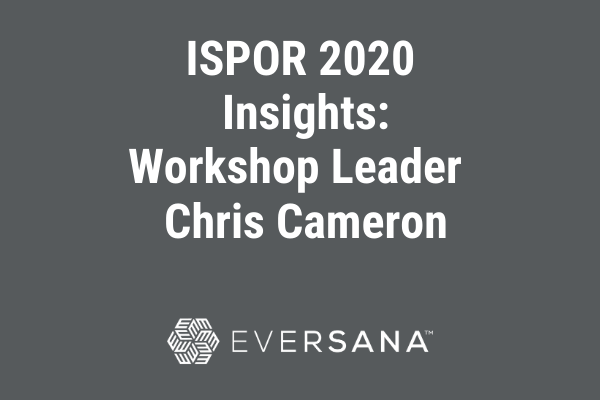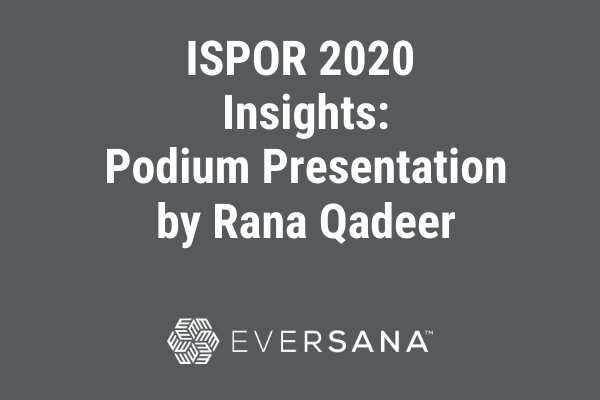
Chris Cameron, PhD
Chief Scientific Officer
Expertise:
Dr. Chris Cameron is a global thought leader in health economics and outcomes research with over a decade of experience. Prior to joining EVERSANA, Chris was a partner at Cornerstone Research Group Inc., and lead of Health Economics at CADTH. He has also been a consultant decision scientist for ICER, a member of the Economic Guidance Panel at pCODR, and served on PMPRB Technical Panel on drug pricing guidelines in Canada. Chris is an adjunct (scholar) professor at Dalhousie University, and has authored over 100 peer-reviewed publications in many of the world’s top journals, including JAMA, Lancet, and BMJ. His research has been featured in the Globe and Mail and New York Times. He was recently named one of the most prolific authors in the world on indirect treatment comparisons, and was a co-author on the PRISMA NMA reporting guidelines.
Chris holds a bachelor’s degree in Mathematics and an MSc and PhD in Epidemiology where he was a Vanier Canada Graduate Scholar. He also completed a fellowship on real-world data analytics at Harvard University and FDA’s Sentinel Initiative, and the Oxford Artificial Intelligence Programme.





